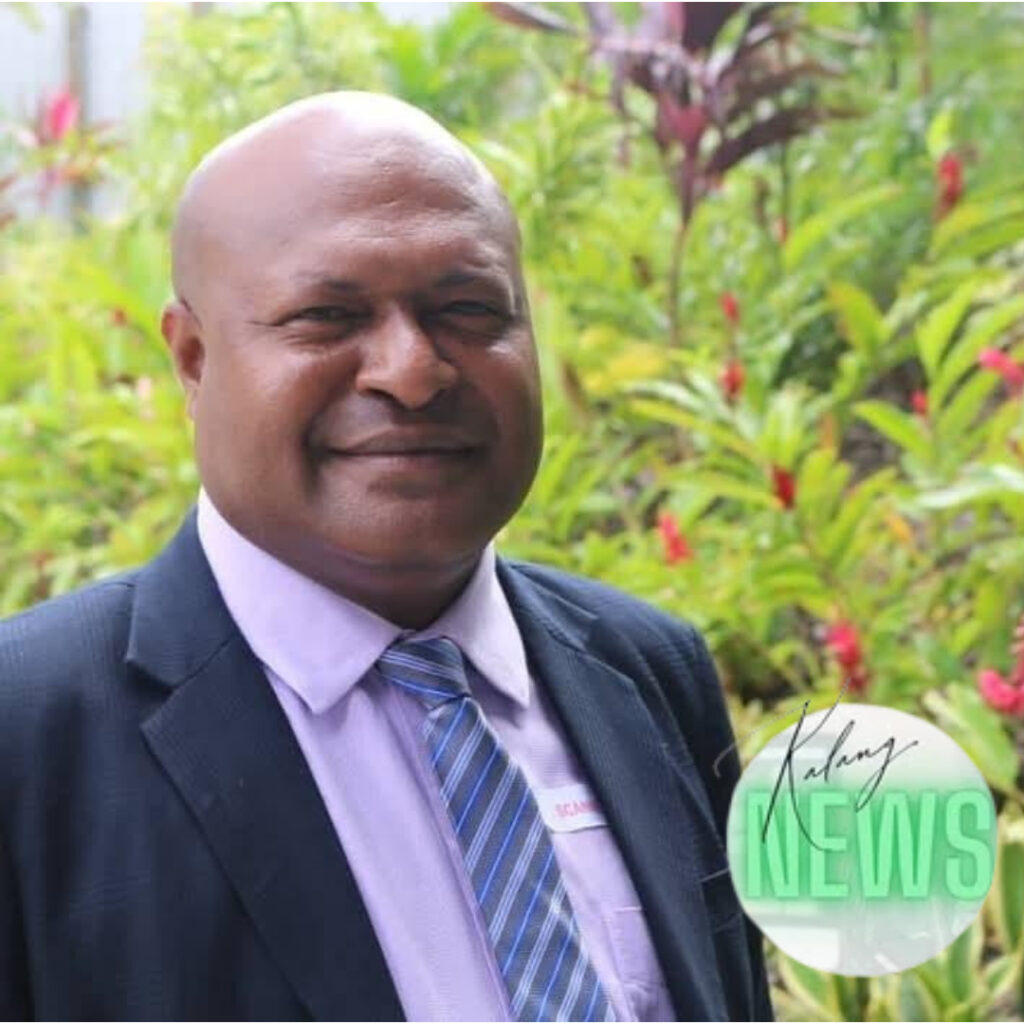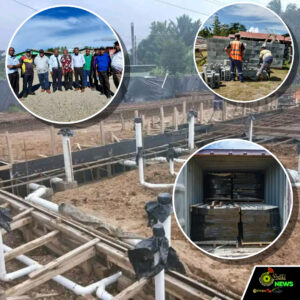CLIMATE CHANGE EXPERT INSIGHTS ON US WITHDRAWAL FROM PARIS AGREEMENT

By SANDRA ULG
A renowned Climate Change expert in Papua New Guinea Mr. Alfred Rungol, gave his insightful thoughts on the decision by the United States to withdraw from the Paris Agreement and what this means for PNG.
Mr. Rungol who is also a UNFCCC International Negotiation Specialist with over 16 years of experience says PNG must carefully analyze the implications of the Paris Agreement’s provisions, particularly those related to differentiation between developed and developing countries – especially concerns raised by USA.
Mr. Rungol points out that it is imperative that PNG advisors provide sound technical advice to the Prime Minister and the National Executive Council on this matter, ensuring that national climate policies are aligned with both international obligations and national interests.
A well-informed and strategic approach will enable PNG to navigate the evolving global climate landscape while advocating for the needs and priorities of small island developing states, especially for people of PNG that are affected by climate change.
He says as a small island developing state (SIDS) highly vulnerable to the impacts of climate change, Papua New Guinea remains committed to the objectives of the Paris Agreement.
While the withdrawal of the U.S. was a setback to global climate efforts, PNG recognizes that climate change is a shared responsibility that transcends political decisions.
The principles of equity and the principle of Common but Differentiated Responsibilities and Respective Capabilities (CBDR-RC) must be upheld to ensure that all nations contribute to global climate goals while considering their unique economic and developmental circumstances.
He adds that PNG acknowledges the concerns raised by the U.S. regarding the balance of responsibilities under the Paris Agreement. However, it is critical to emphasize that climate change is a global crisis that requires collective action. Addressing climate change should not be viewed as a burden but as an opportunity for economic transformation, innovation, and sustainable development.
He further adds that PNG must urge all parties to continue engaging in constructive dialogue to address concerns related to differentiated responsibilities.
International cooperation remains essential in achieving the long-term goals of the Paris Agreement. PNG must remain open to working with all nations, including the U.S., China, India, amongst others to find solutions that balance environmental sustainability with economic considerations.
The transition to a low-carbon economy should be seen as an opportunity for growth and development rather than a constraint on national interests.





